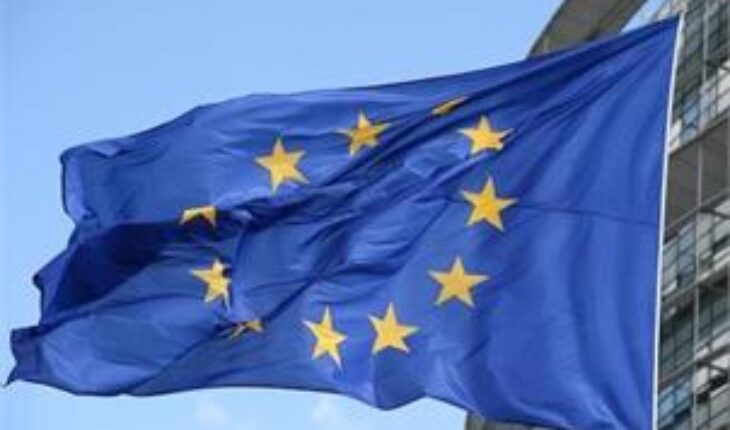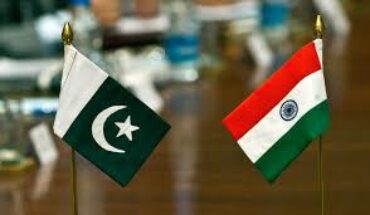Berlin: The European Union must heed “the expectations of the people” on issues such as migration and unemployment as it responds to Britain’s vote to leave the bloc, Germany’s foreign minister has said.
Frank-Walter Steinmeier was meeting with top diplomats from the EU’s five other founding nations in Berlin for hastily arranged talks following Britain’s stunning vote Thursday to leave the union.
The German foreign minister invited his counterparts from France, Netherlands, Italy, Belgium and Luxembourg to the government’s Villa Borsig mansion on the outskirts of Berlin. As he was heading into the meeting, Steinmeier implied it is important for leaders to better connect with the EU’s more than 500 million citizens and react to their worries. He said now is the time to find out what the 27 remaining EU countries want for the future of the union. He said they also needed to listen to the EU’s citizens and hear “the expectations of the people.” Steinmeier mentioned the refugee crisis, high unemployment among young people in southern Europe and security concerns following the terror attacks in France and Belgium as important issues where people had the right to expect better answers from EU policy makers. However, he cautioned against making rash decisions. “It’s totally clear that in times like these, one should neither be hysterical nor fall into paralysis,” Steinmeier said. Almost defiantly, he said that “I’m certain that countries that have something to say will not allow that their Europe will be taken away.” The EU was built in the grim aftermath of World War II with the hope of leading the destroyed continent to a more peaceful and prosperous future. First launched as the European Coal and Steel Community in 1951, it was turned into the European Economic Community in 1957 by the six founding members present in Berlin this weekend. Gradually, more and more western European states joined. With the fall of communism in 1989, the economic and political union also opened its doors to eastern and central European countries like Hungary and Poland. Despite the union’s current crisis, Belgian Foreign Minister Didier Reynders said they would “try to go further now with the European integration.” “We need to discuss with the U.K. the way out, but we need also to discuss how it is possible to do more with some partners or with 27 member states in different concrete fields,” Reynders told reporters. — PTI






